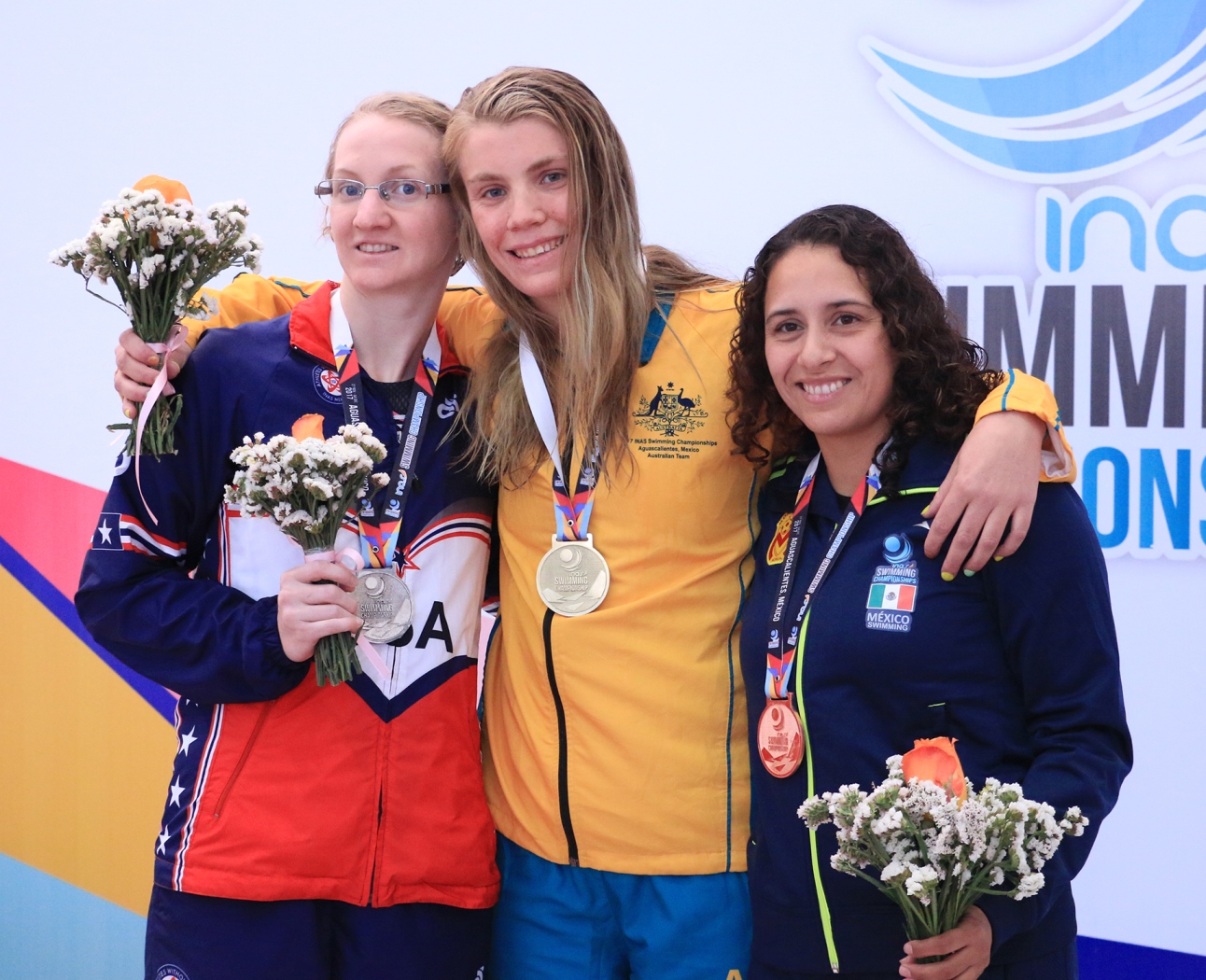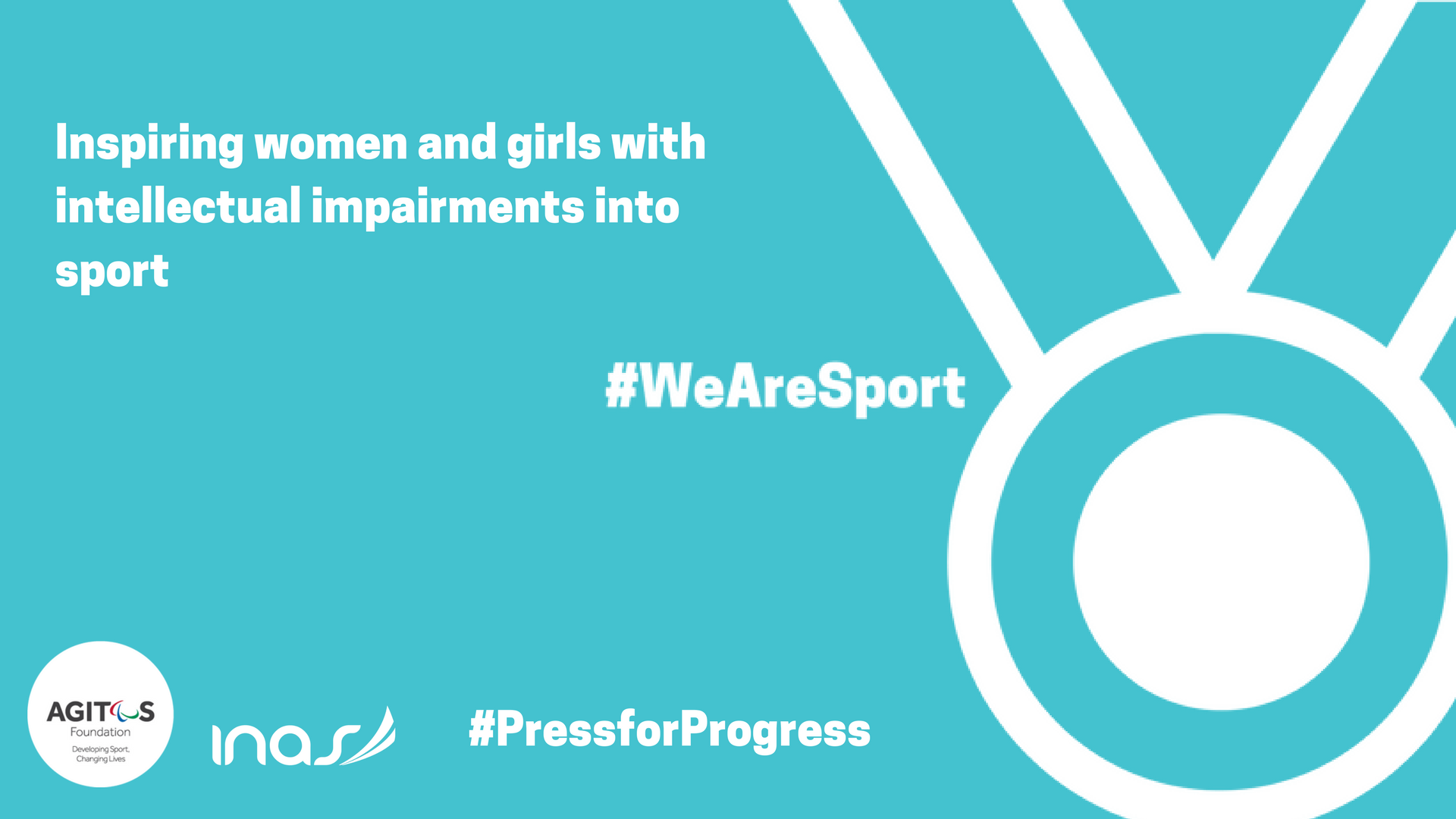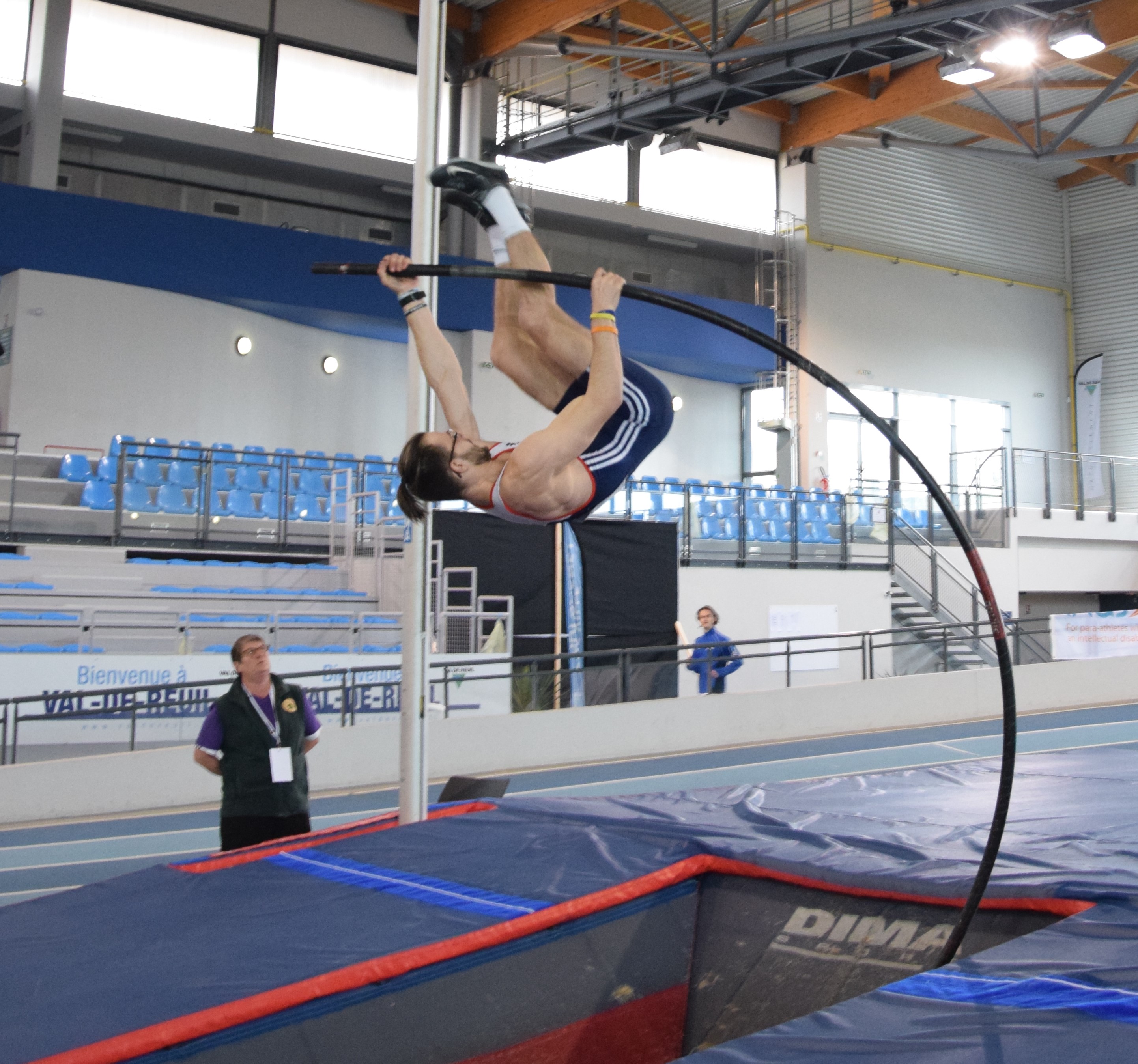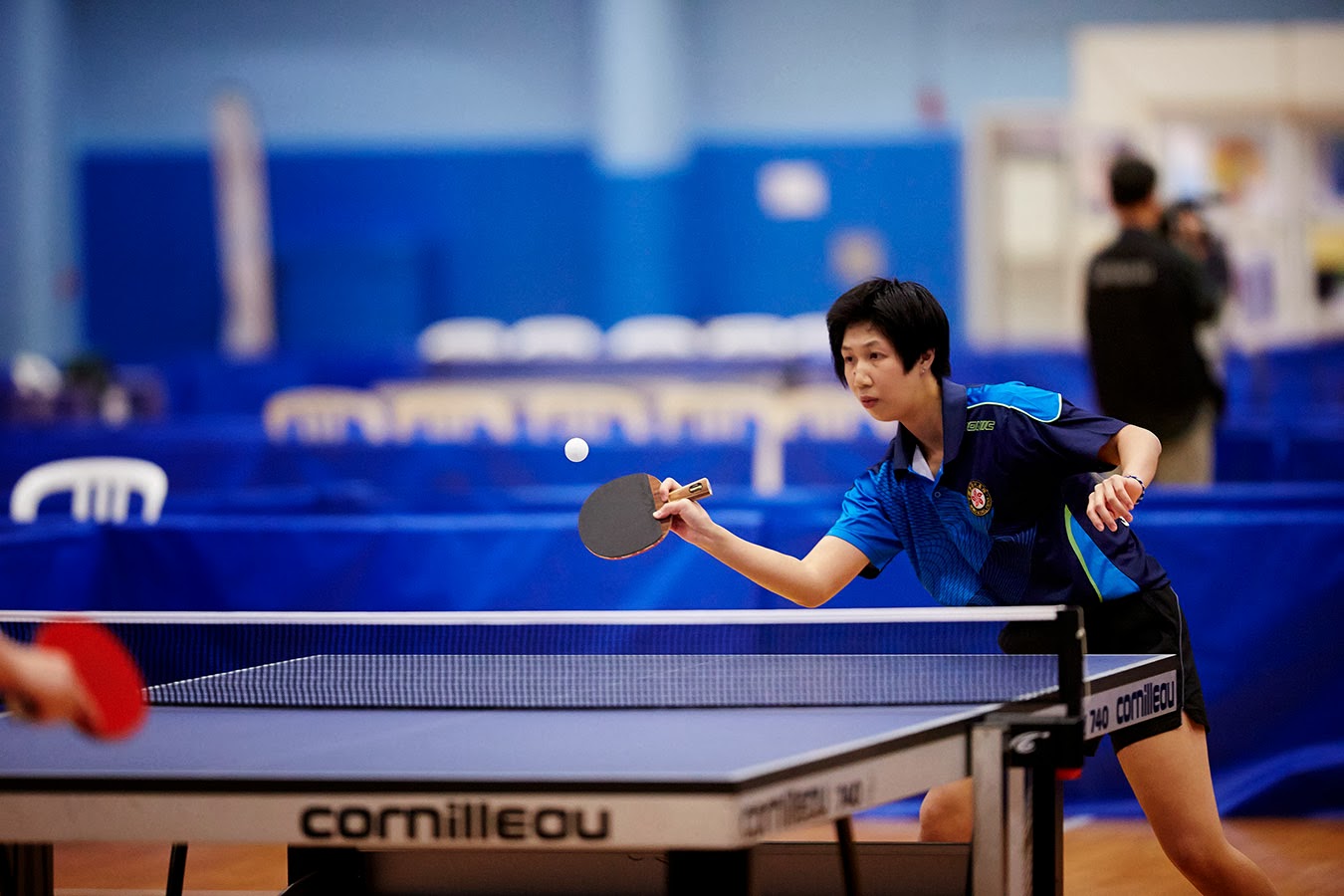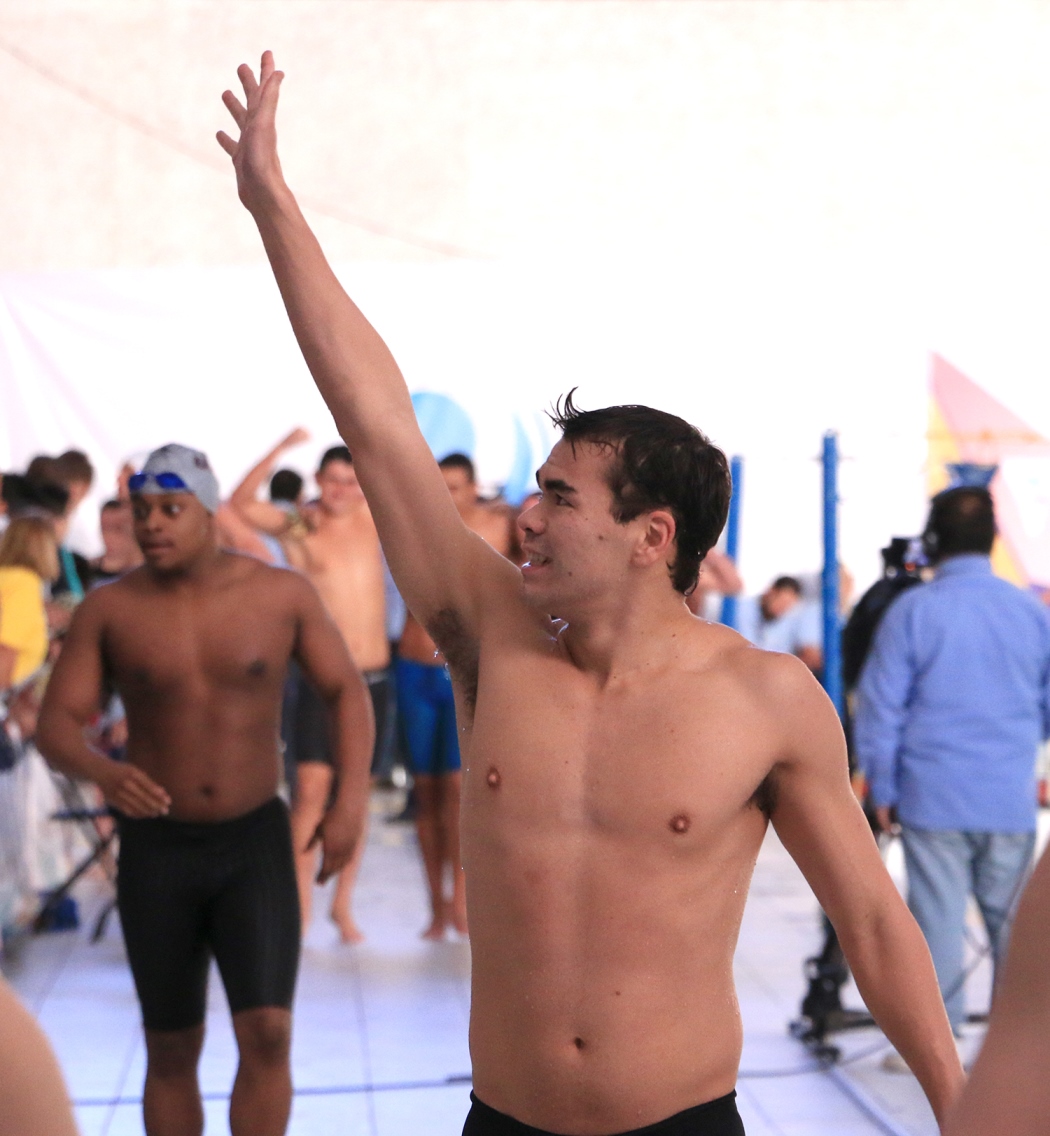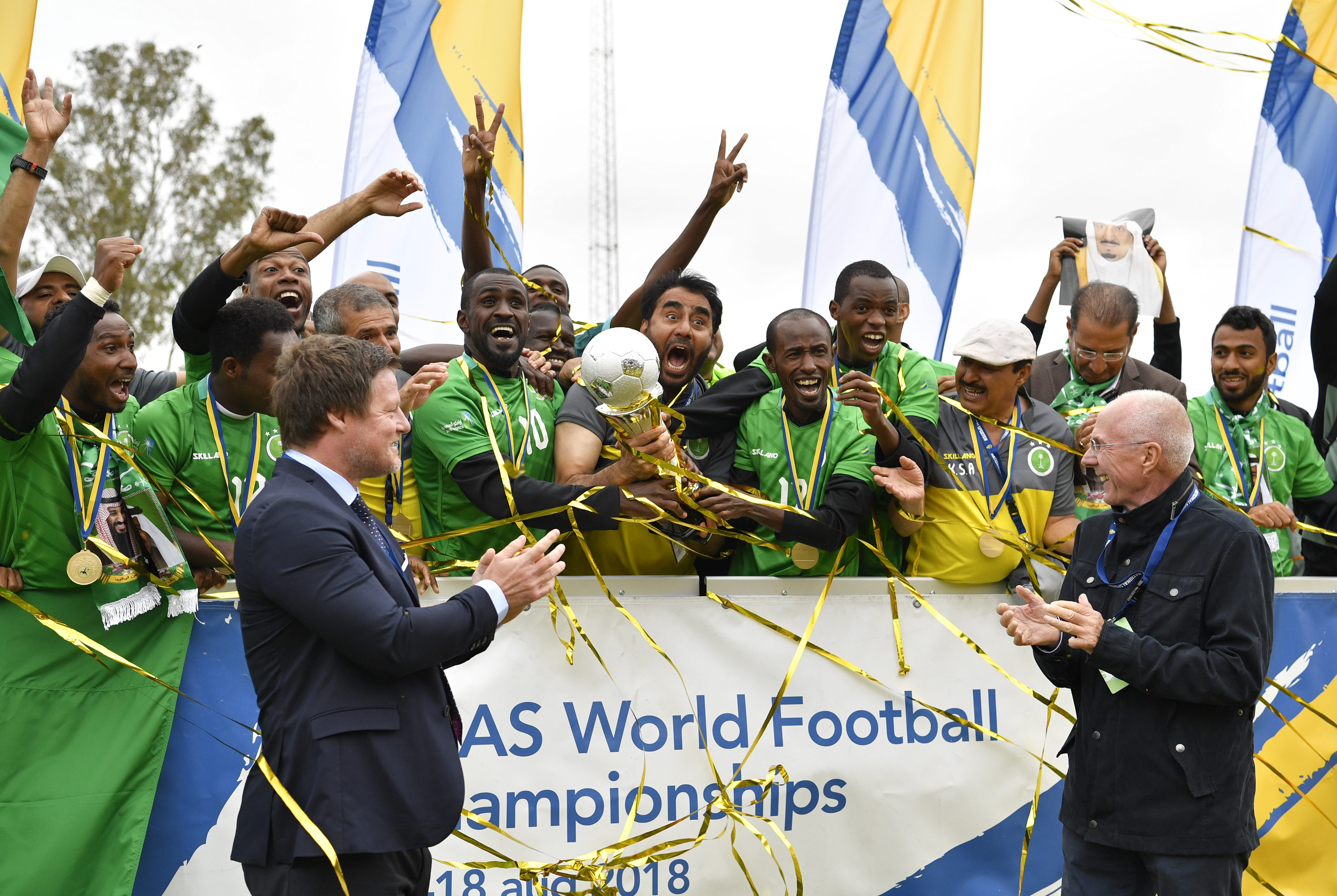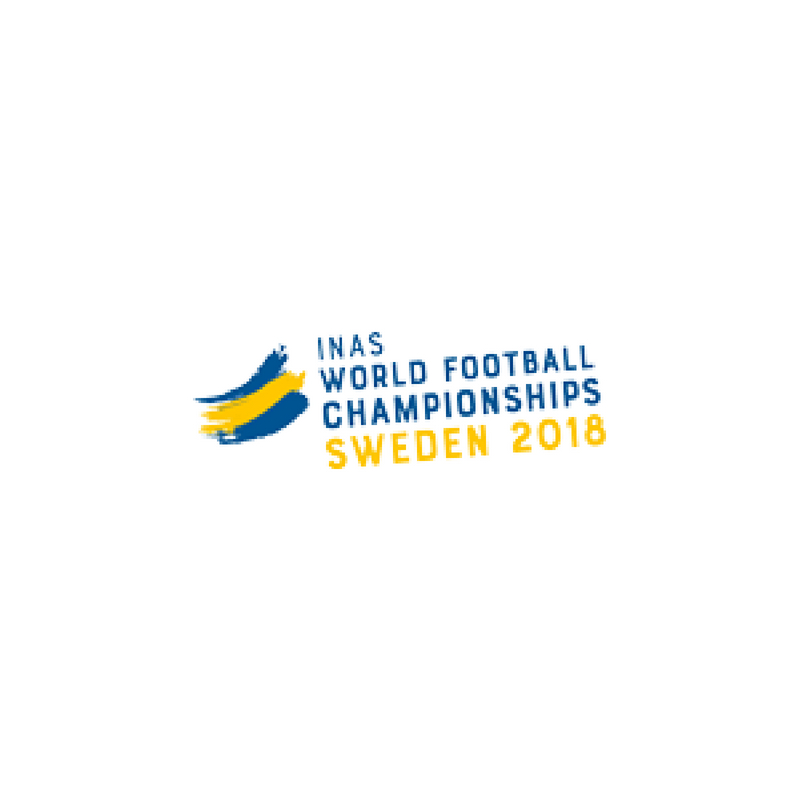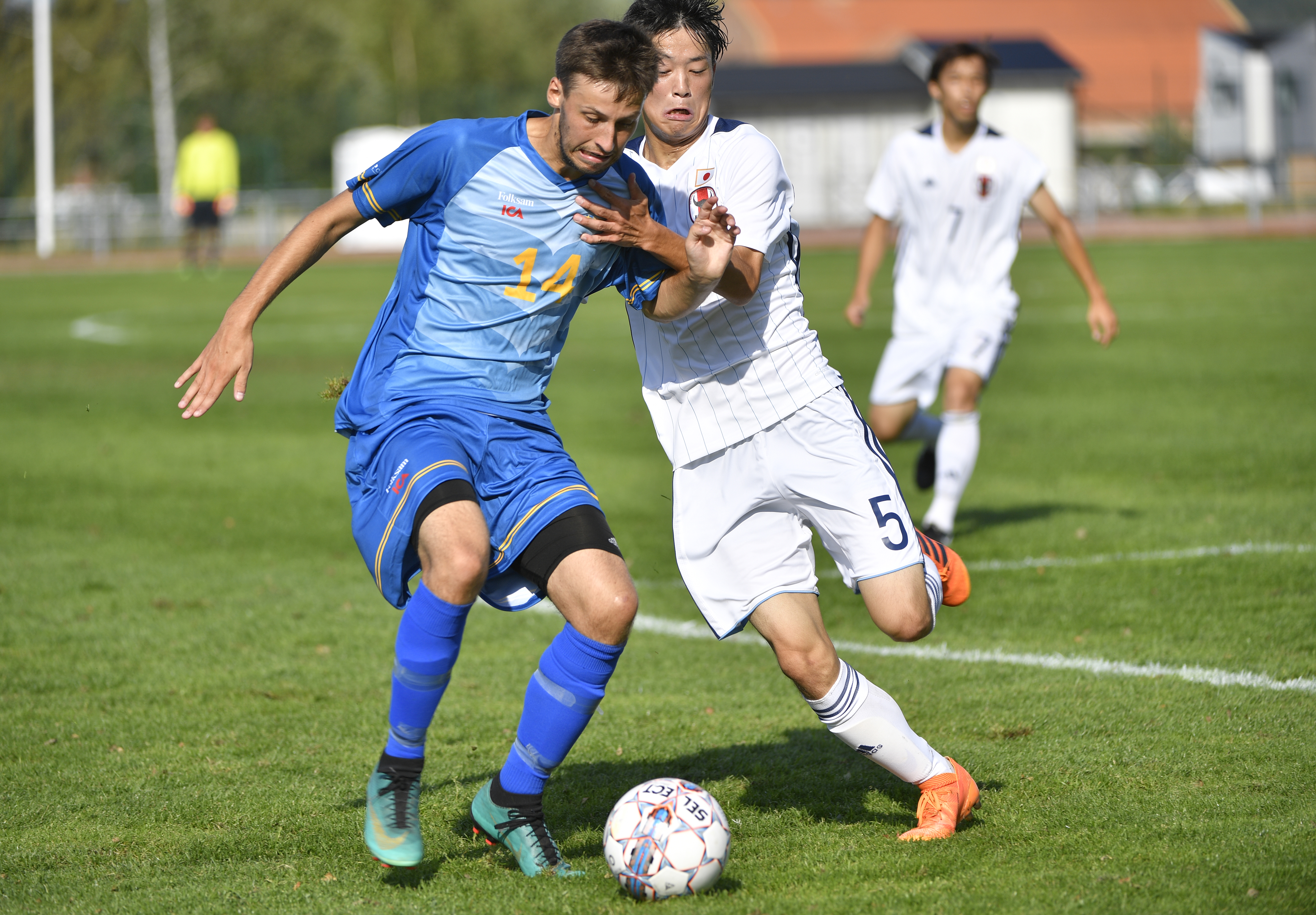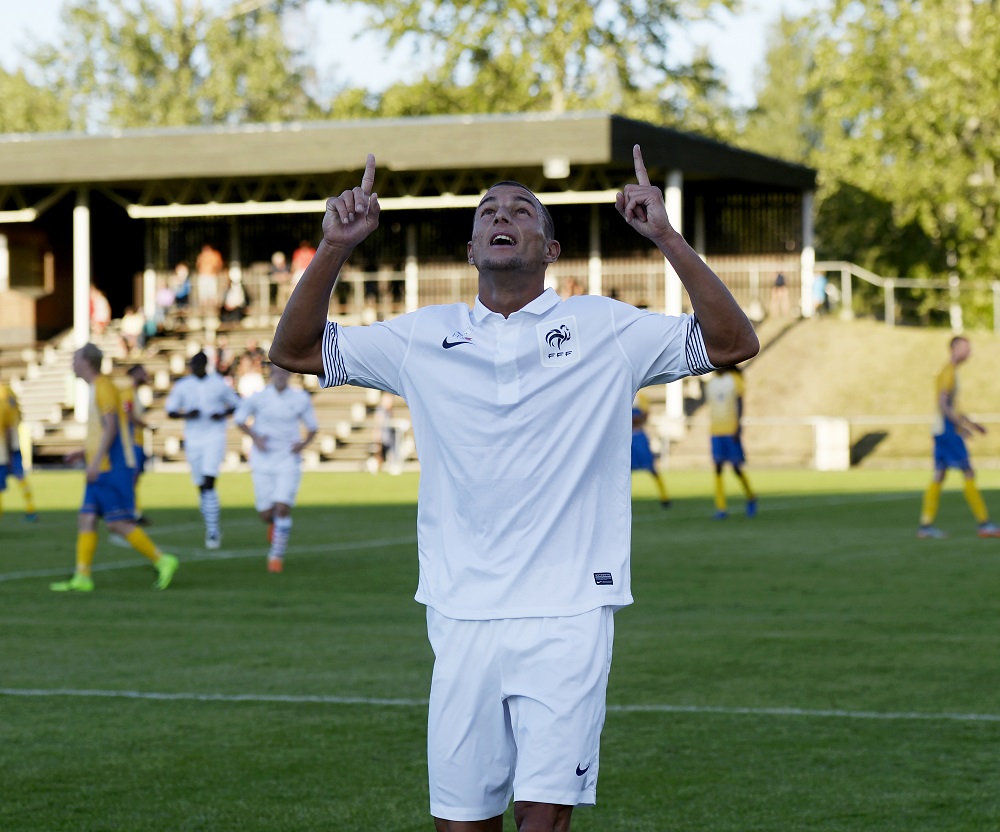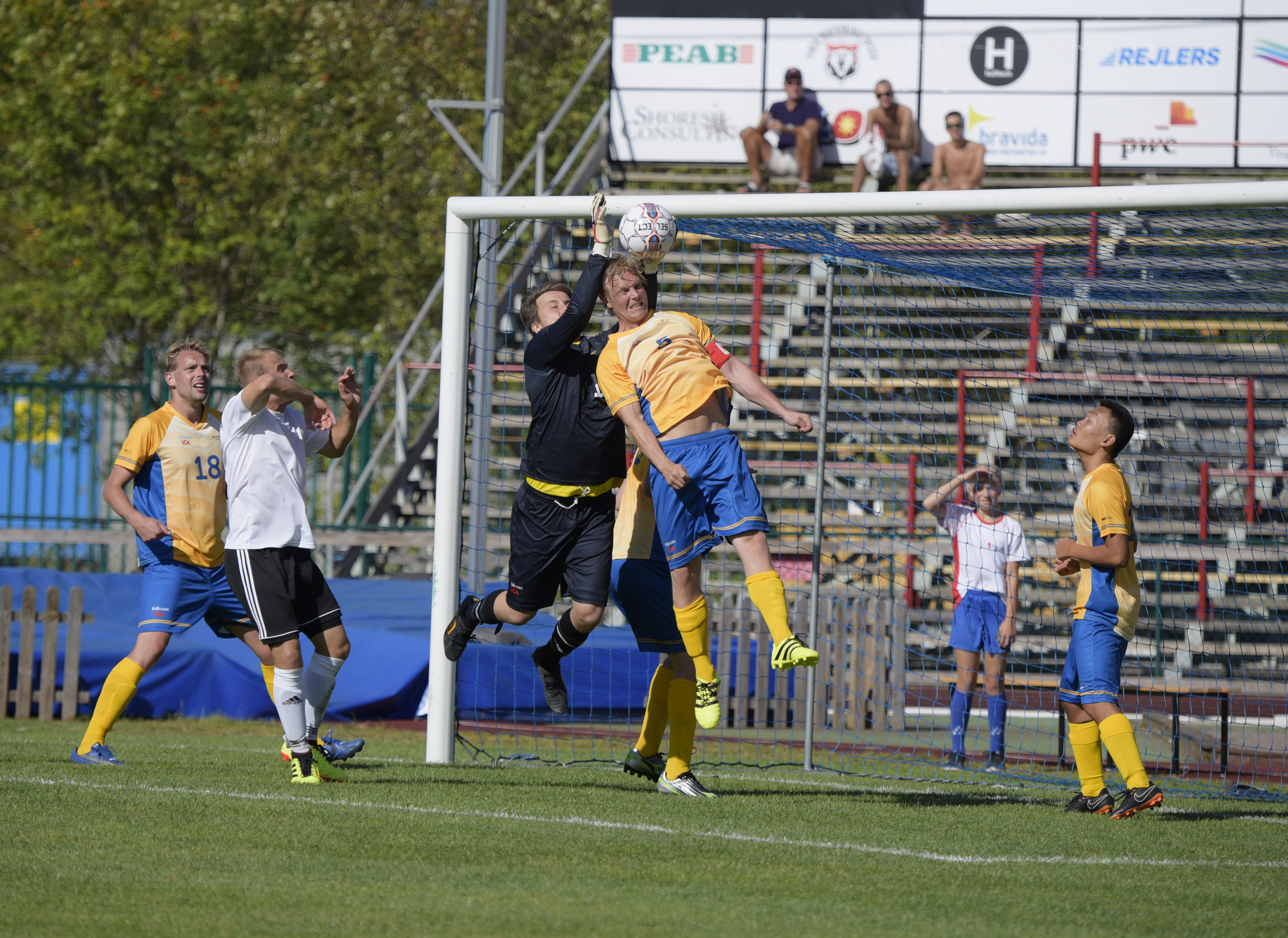Cichocki helps promote female athletes through #WeAreSport
The USA’s Leslie Cichocki, the first swimmer with an intellectual impairment to represent her country at a Paralympic Games, is growing her social media presence and hopes to inspire other women and girls to try sport.
Cichocki has been part of the #WeAreSport campaign run by the International Federation for Athletes with an Intellectual Impairment (World Intellectual Impairment Sport).
#WeAreSport aims to give female athletes the tools and knowledge to use social media more effectively to promote their lives as an athlete.
Eleven athletes from around the world have been involved. Each will have taken part in an online seminar with the support of an administrator by the end of September.
Cichocki said she liked the fact that the sessions were a way of “getting more women involved in sports and having their voices and experiences heard.”
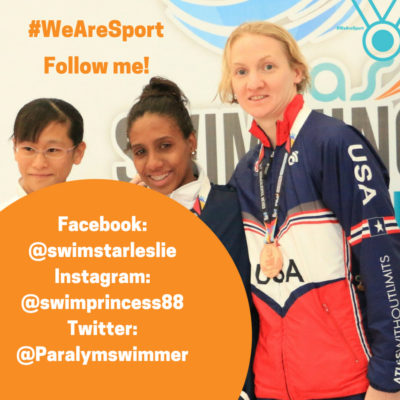
The US swimmer made history at the Rio 2016 Paralympics when she competed in the women’s S14, something which she says she is most proud of. Since then Cichocki has been working towards the 2019 World Intellectual Impairment Sport Global Games and the next Paralympic Games in Tokyo 2020.
Cichocki has been using social media more since the seminar, especially her athlete page on Facebook. She has been posting various themed posts for days of the week, such as #MotivationMonday and #WednesdayWisdom. These include hints and tips for other aspiring swimmers for training and competition.
Melani Hom was nominated by the World Intellectual Impairment Sport member in the USA, Athletes Without Limits, to be the administrator and support Leslie in her digital activities.
“After our kick-off posts on my personal and her athlete page, we saw an increase in followers. In just over three weeks, she had 36 new fans interested in following her athletic journey,” Hom said.
“I am proud and confident in Leslie’s social media presence. She has proven her understanding of how engaging content helps engage her followers. It’s easy to re-post her content because I believe what she has to say is important and should be shared with others. I especially like her daily themes like #MotivationMonday and #ThresholdThursday.”
#WeAreSport is supported by the Agitos Foundation, the development arm of the International Paralympic Committee, through their 2017 Grant Support Programme.
All materials used during the seminars, including a Quick Start Guide to Social Media and a longer guide, are available in a variety of languages for all World Intellectual Impairment Sport members to use here.

